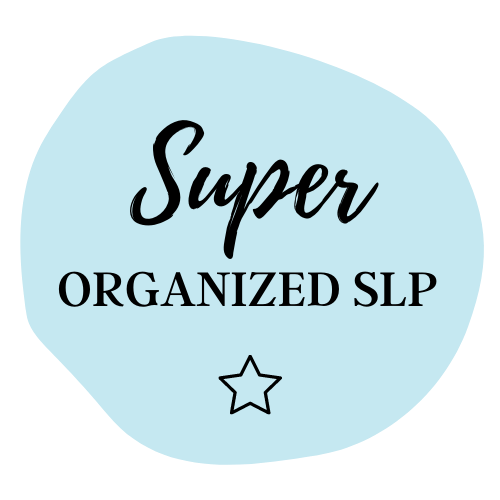
Module 1, Lesson 5: HABITS
Creating new habits is crucial to our success in becoming organized. Habit formation may take up to 254 days until it becomes automatic, so we need to start immediately. Habits will make us excel at our job and spend way, way less brainpower thinking about the everyday things and deadlines, and more time problem solving unique situations and thinking about students.
The new habits that you need to form in order to become more organized are:
1. Plan for the month before it begins (in the workbook).
- Refer to your annual goals.
- Refer to your monthly regular to-dos.
- Refer to the IEPs and evaluations that need to be held or scheduled that month.
- Add in anything unique for that month.
- Check things off as they are completed.
2. Plan for the week before it begins (in the workbook).
- Refer to your monthly list and divide things up by weeks.
- Refer to your weekly regular to-dos.
- Add in anything unique for that week.
- Check things off as they are completed.
3. Plan for the day before it begins (in the workbook).
- Use the Priorities Matrix if you aren’t sure what you must do that day (in the workbook).
- Write a list of top 3 things to do in a very noticeable location (post it, Google task, desktop sticky).
- Check things off as they are completed.
4. Have an accountability partner.
- Take Gretchen Rubins’ Four Tendencies Quiz here.
- If you are an obliger, find an accountability partner.
- Write down a time to check-in at least once per month and talk about progress towards your goals.
- If you are NOT an obliger, use your profile to help you figure out what you can do to stick to your habits!
Homework:
- Take the Four Tendencies Quiz. Fill out the page in the workbook.
- If you are an Obliger – find a monthly accountability partner.
- Brainstorm what you could do to help you stick to new habits!
Link to ROADMAP for all lessons.